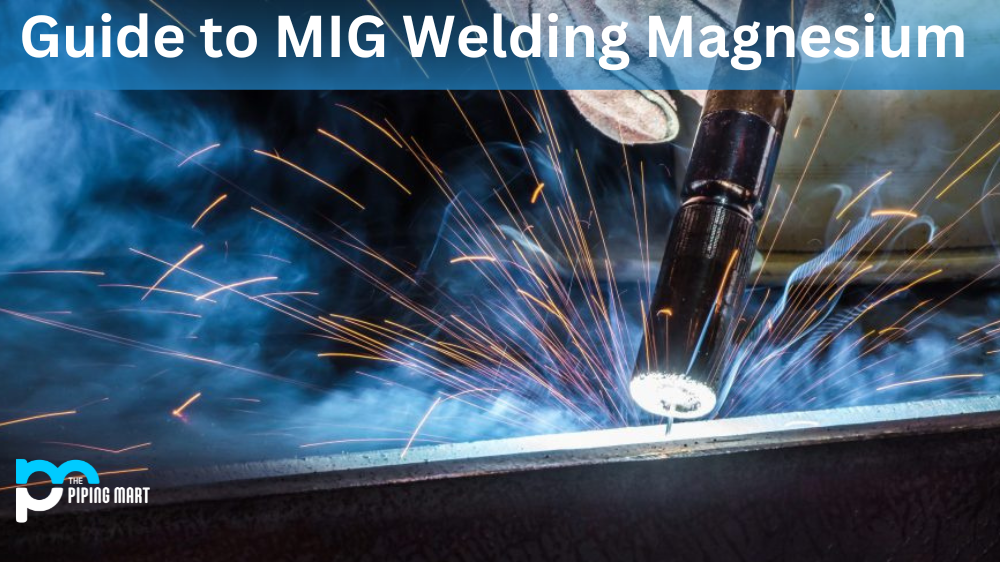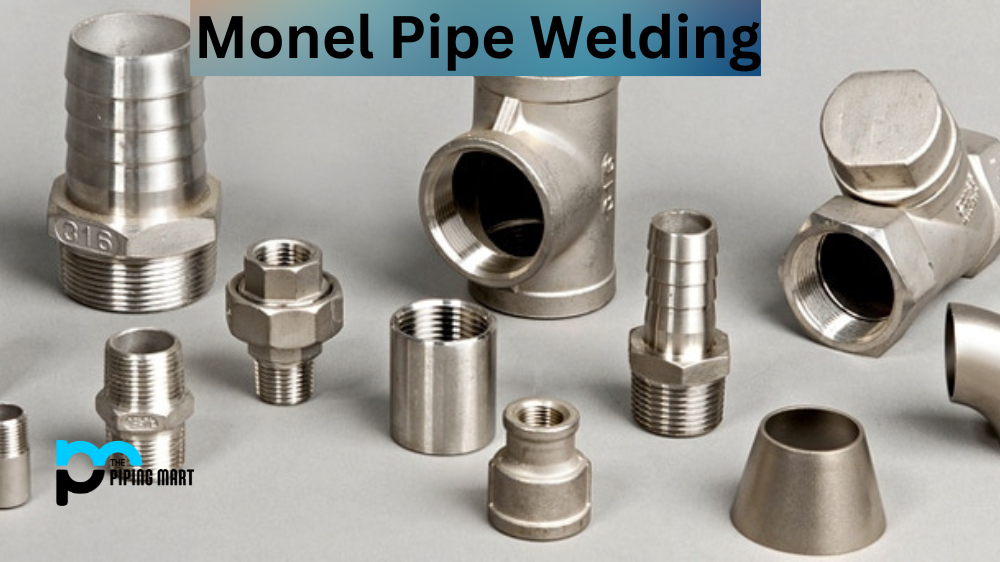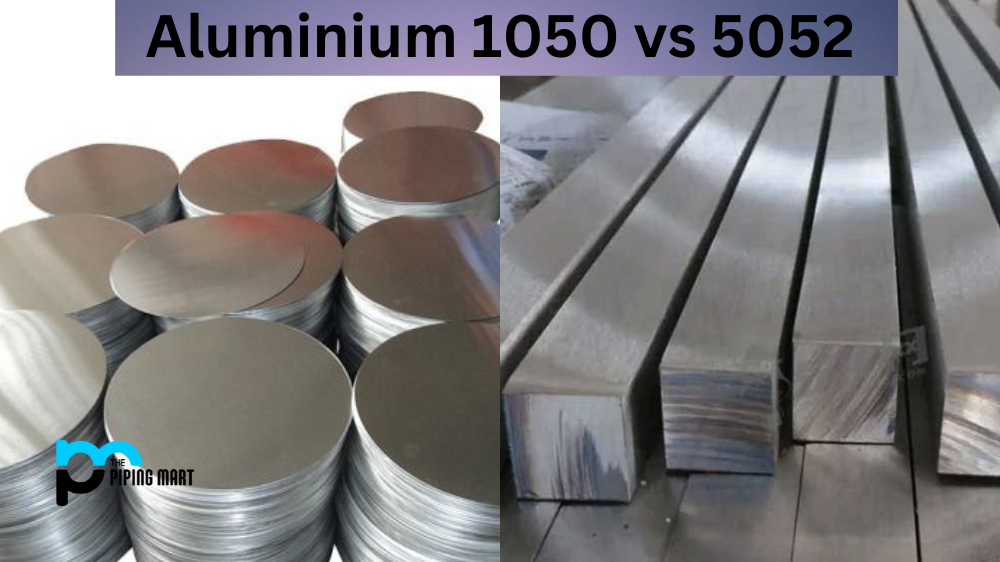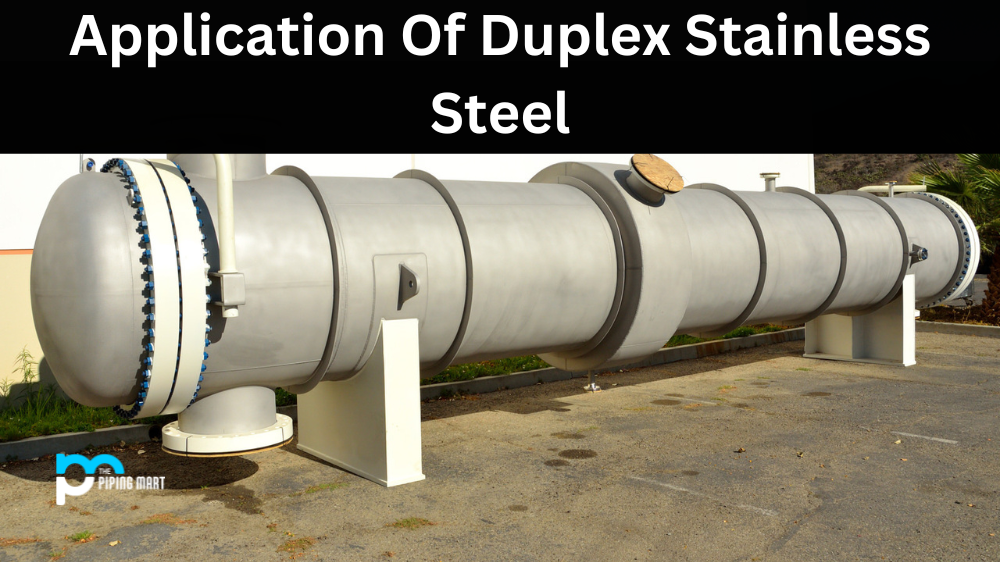Welding with magnesium is a challenging but rewarding task. When done correctly, magnesium welding can create strong, reliable joins that are incredibly durable and lightweight. In this article, we’ll discuss the basics of MIG welding magnesium so that you can get started with your projects.
Safety First
Before beginning any welding project, it is essential to take all necessary safety precautions. This includes wearing protective clothing such as a welding helmet, gloves, and jacket and ensuring that you have adequate ventilation in the area where you will be working. It is also important to keep flammable materials away from the workspace since magnesium has a very low ignition temperature and can ignite easily.
Choosing the Right Equipment
The right equipment makes all the difference when it comes to MIG welding magnesium. You’ll want to use an inert gas setup (such as argon/CO2) rather than pure argon because pure argon won’t provide enough protection for the weld pool during welding. When welding thin materials like magnesium, you must also ensure that your machine has a high-frequency start for better arc stability and penetration. Finally, you should use a wire designed specifically for magnesium, such as ER5356 or ER5183; these wires are specially designed for high heat input and good penetration when working with this material.
Welding Procedure
Once you have all of your equipment set up correctly, it’s time to start welding! The process for MIG welding magnesium is similar to other metals—start by setting your machine at the right voltage and wire speed before adjusting your amperage until you achieve an optimal arc length (about a one-eighth inch). Make sure that your travel angle is between 15-45 degrees so that you don’t undercut or over cut your welds. Finally, move slowly but steadily along your joint while maintaining consistent contact between your electrode and work piece at all times. It’s also important to remember not to stop in one spot too long since this can cause micro cracks in the metal which can weaken its strength over time.
Conclusion:
With some practice and patience, anyone can learn how to MIG weld with magnesium! By following these simple steps and taking proper safety precautions, you’ll be able to create strong joints that are perfect for any application requiring lightweight yet durable construction materials. So what are you waiting for? Get out there and start doing some awesome projects!

Abhishek is a seasoned blogger and industry expert, sharing his insights and knowledge on various topics. With his research, Abhishek offers valuable insights and tips for professionals and enthusiasts. Follow him for expert advice on the latest trends and developments in the metal industry.




